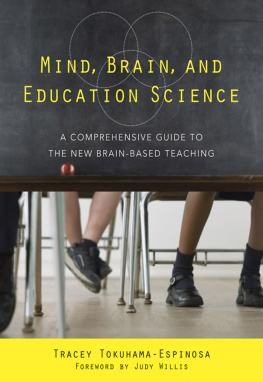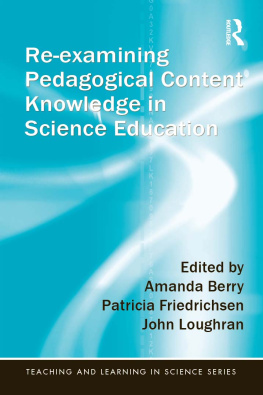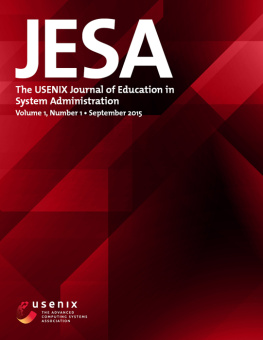Cover
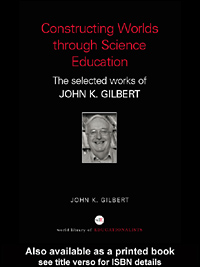
| title | : | Constructing Worlds Through Science Education : The Selected Works of John K. Gilbert World Library of Educationalists |
| author | : | Gilbert, John. |
| publisher | : | Taylor & Francis Routledge |
| isbn10 | asin | : | 0415352177 |
| print isbn13 | : | 9780415352178 |
| ebook isbn13 | : | 9780203698778 |
| language | : | English |
| subject | Science--Study and teaching, Technology--Study and teaching, Education--Philosophy. |
| publication date | : | 2005 |
| lcc | : | Q181.3.G55 2005eb |
| ddc | : | 507.1 |
| subject | : | Science--Study and teaching, Technology--Study and teaching, Education--Philosophy. |
Page i
Constructing Worlds through Science Education
In the World Library of Educationalists, international experts themselves compile career-long collections of what they judge to be their finest pieces extracts from books, key articles, salient research findings, major theoretical and practical contributions so the world can read them in a single manageable volume. Readers will be able to follow themes and strands of the topic and see how their work contributes to the development of the field.
John K. Gilbert has spent the last 30 years researching, thinking and writing about some of the key and enduring issues in Science Education. He has contributed over 10 books and 175 articles to the field.
In Constructing Worlds through Science Education, John Gilbert brings together 16 key writings in one place. Starting with a specially written Introduction, which gives an overview of his career and contextualises his selection, the work presented supports the assertions that:
students of science must be presented with a curriculum that is both philosophically valid and personally interesting to them
informal educational provision has much to offer science education
close attention to the development of thinking about the ideas of science is necessary if science education is to be effective
there must be a close relationship between educational theory and practice in science education, underpinned by qualitative research in classrooms and laboratories
international collaboration is an effective way of generating an active synergy of research involving diverse knowledge and skills.
For anyone seeking a clearer understanding of the developments in Science Education over the last 30 years, this book provides a useful route map to the thinking and work of one of the leading scholars in the field.
John K. Gilbert is currently Professor of Education at The University of Reading, UK, and Editor-in-Chief of the International Journal of Science Education.
Contributors to the series include: Richard Aldrich, Stephen J. Ball, John Elliott, Elliot W. Eisner, Howard Gardner, John K. Gilbert, Ivor F. Goodson, David Labaree, John White, E.C. Wragg.
Page ii
World Library of Educationalists series
Other books in the series:
Lessons from History of Education
The selected works of Richard Aldrich
Richard Aldrich
Education Policy and Social Class
The selected works of Stephen J. Ball
Stephen J. Ball
Reimagining Schools
The selected works of Elliot W. Eisner
Elliot W. Eisner
Reflecting Where the Action Is
The selected works of John Elliott
John Elliott
Development and Education of the Mind
The selected works of Howard Gardner
Howard Gardner
Constructing Worlds through Science Education
The selected works of John K. Gilbert
John K. Gilbert
Learning, Curriculum and Life Politics
The selected works of Ivor F. Goodson
Ivor F. Goodson
The Curriculum and the Child
The selected works of John White
John White
The Art and Science of Teaching and Learning
The selected works of Ted Wragg
E.C. Wragg
Page iii
Constructing Worlds through Science Education
The selected works of John K. Gilbert
John K. Gilbert

LONDON AND NEWYORK
Page iv
First published 2005
by Routledge
2 Park Square, Milton Park, Abingdon, Oxon OX14 4RN
Simultaneously published in the USA and Canada
by Routledge
270 Madison Ave, New York, NY 10016
Routledge is an imprint of the Taylor & Francis Group
This edition published in the Taylor & Francis e-Library, 2005.
To purchase your own copy of this or any of Taylor & Francis or Routledges collection of thousands of eBooks please go to www.eBookstore.tandf.co.uk.
2005 John K. Gilbert
All rights reserved. No part of this book may be reprinted
or reproduced or utilised in any form or by any electronic,
mechanical, or other means, now known or hereafter invented,
including photocopying and recording, or in any information
storage or retrieval system, without permission in writing
from the publishers.
British Library Cataloguing in Publication Data
A catalogue record for this book is available
from the British Library
Library of Congress Cataloging in Publication Data
A catalog record for this book has been requested
ISBN 0-203-69877-0 Master e-book ISBN
ISBN 0-415-35217-7 (hbk)
ISBN 0-415-35218-5 (pbk)
Page v
For Julie Gilbert, who has known the actors, rehearsed the lines, provided an invaluable critique of the production, and whose insightful company over nearly 50 years has shaped the meaning of it all.
Page vi
This page intentionally left blank.
Page vii
CONTENTS
Acknowledgements | xii |
Introduction | |
Preface | 1 |
Signposts on a road with many turnings | 1 |
The themes addressed | 4 |
And now, that title | 9 |
PART 1Explanation, models, modelling in science education | |
| Models in explanations: horses for courses? | |
What is an explanation? | 13 |
A typology of explanations | 15 |
Appropriateness in an explanation |
Next page

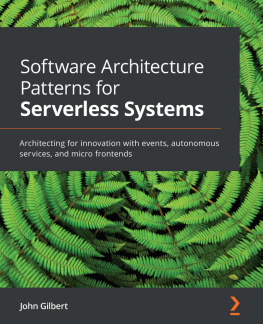
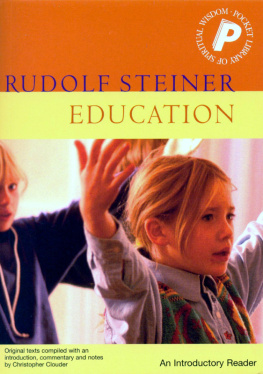
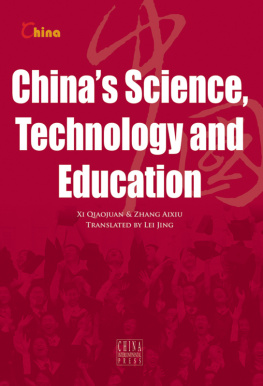
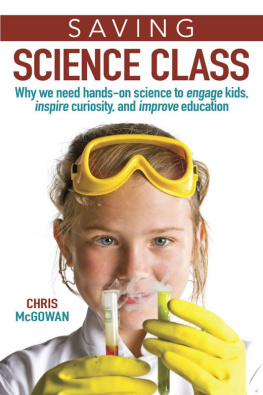
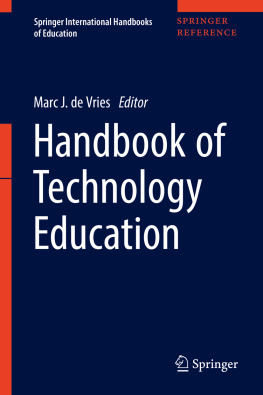
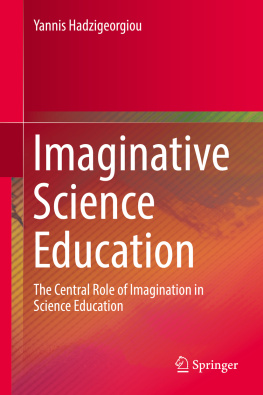
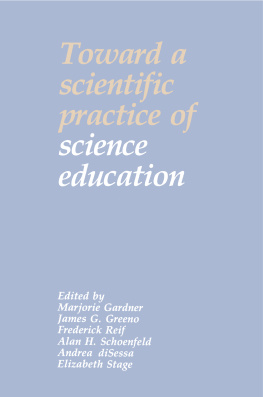
![EMC Education Services [EMC Education Services] - Data Science and Big Data Analytics: Discovering, Analyzing, Visualizing and Presenting Data](/uploads/posts/book/119625/thumbs/emc-education-services-emc-education-services.jpg)
